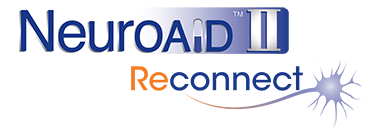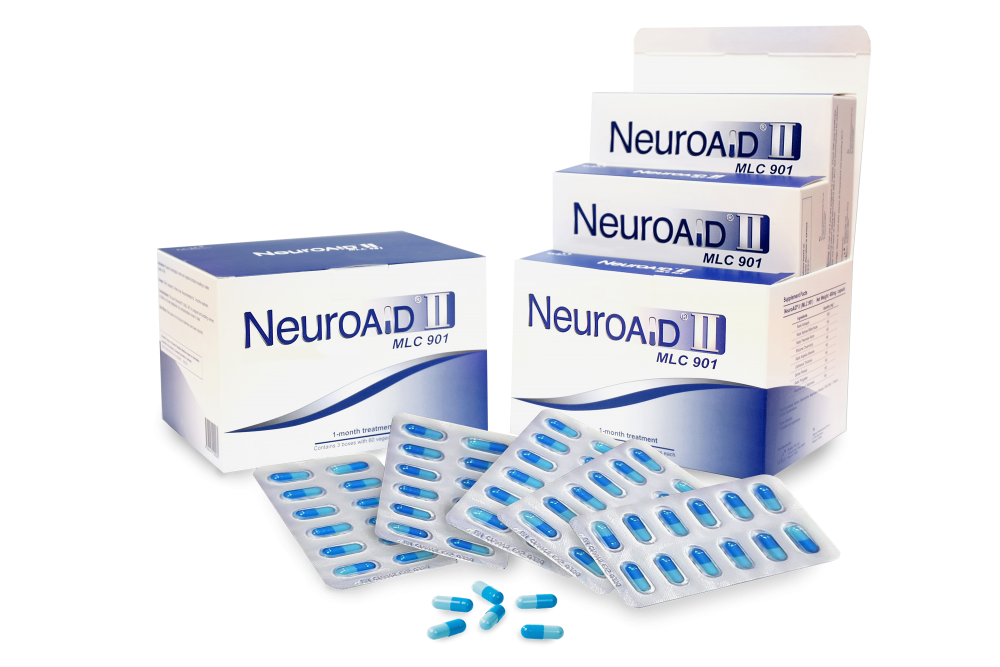We continuously invest in the research on NeuroAiD, the findings are regularly published in specialized journals and released in international conferences.
Our team has worked with world renowned experts in over 20 research centres, and continues to forge academic partnerships to further explore its properties and promising benefits for new indications in neurology.





